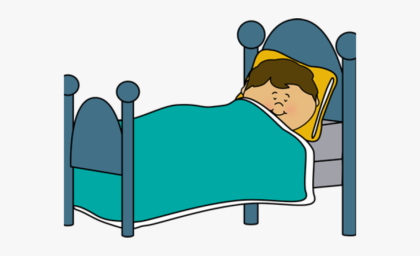Sleeping Pills…Don’t Take Two of These, Try These Instead.
December 21, 2021

The common practice of using sleeping pills is an ineffective method of improving sleep quality. Research and meta-analysis clearly demonstrate this. More successful strategies are behavioural methods to improve your sleep. The most effective is cognitive-behavioral therapy where the purpose is to break bad sleep habits and address anxieties that are inhibiting sleep.
CBT builds on basic sleep hygiene principles. Common methods in CBT treatment are:
1. Reducing caffeine and alcohol intake
2. Removing screen technology from the bedroom
3. Having a cool temperature bedroom
4. Establishing a regular bedtime and wake-up time. (even on weekends)
5. Going to bed only when sleepy and avoiding sleeping on the couch early/mid-evening.
6. Never lie awake in bed for a significant time period, rather, get out of bed and do something quiet and relaxing until the urge for sleep returns
7. Avoid daytime napping if you are having problems getting to sleep at night
8. Reduce anxiety-provoking thoughts and worries by learning to mentally decelerate before bed.
9. Remove visible clock faces from view in the bedroom, preventing clock-watching anxiety at night.
Effective sleep requires effective behavioural habits, if you are someone relying on sleeping pills can you look at this list to see where your own behaviours can be improved and the pills ditched? The truth of the matter is that the pills aren’t really helping anyway, improving basic sleep hygiene principles and practices is the pathway to a better and continued good nights sleep.
Share This Story, Choose Your Platform!
Sleeping Pills…Don’t Take Two of These, Try These Instead.
December 21, 2021

The common practice of using sleeping pills is an ineffective method of improving sleep quality. Research and meta-analysis clearly demonstrate this. More successful strategies are behavioural methods to improve your sleep. The most effective is cognitive-behavioral therapy where the purpose is to break bad sleep habits and address anxieties that are inhibiting sleep.
CBT builds on basic sleep hygiene principles. Common methods in CBT treatment are:
1. Reducing caffeine and alcohol intake
2. Removing screen technology from the bedroom
3. Having a cool temperature bedroom
4. Establishing a regular bedtime and wake-up time. (even on weekends)
5. Going to bed only when sleepy and avoiding sleeping on the couch early/mid-evening.
6. Never lie awake in bed for a significant time period, rather, get out of bed and do something quiet and relaxing until the urge for sleep returns
7. Avoid daytime napping if you are having problems getting to sleep at night
8. Reduce anxiety-provoking thoughts and worries by learning to mentally decelerate before bed.
9. Remove visible clock faces from view in the bedroom, preventing clock-watching anxiety at night.
Effective sleep requires effective behavioural habits, if you are someone relying on sleeping pills can you look at this list to see where your own behaviours can be improved and the pills ditched? The truth of the matter is that the pills aren’t really helping anyway, improving basic sleep hygiene principles and practices is the pathway to a better and continued good nights sleep.


